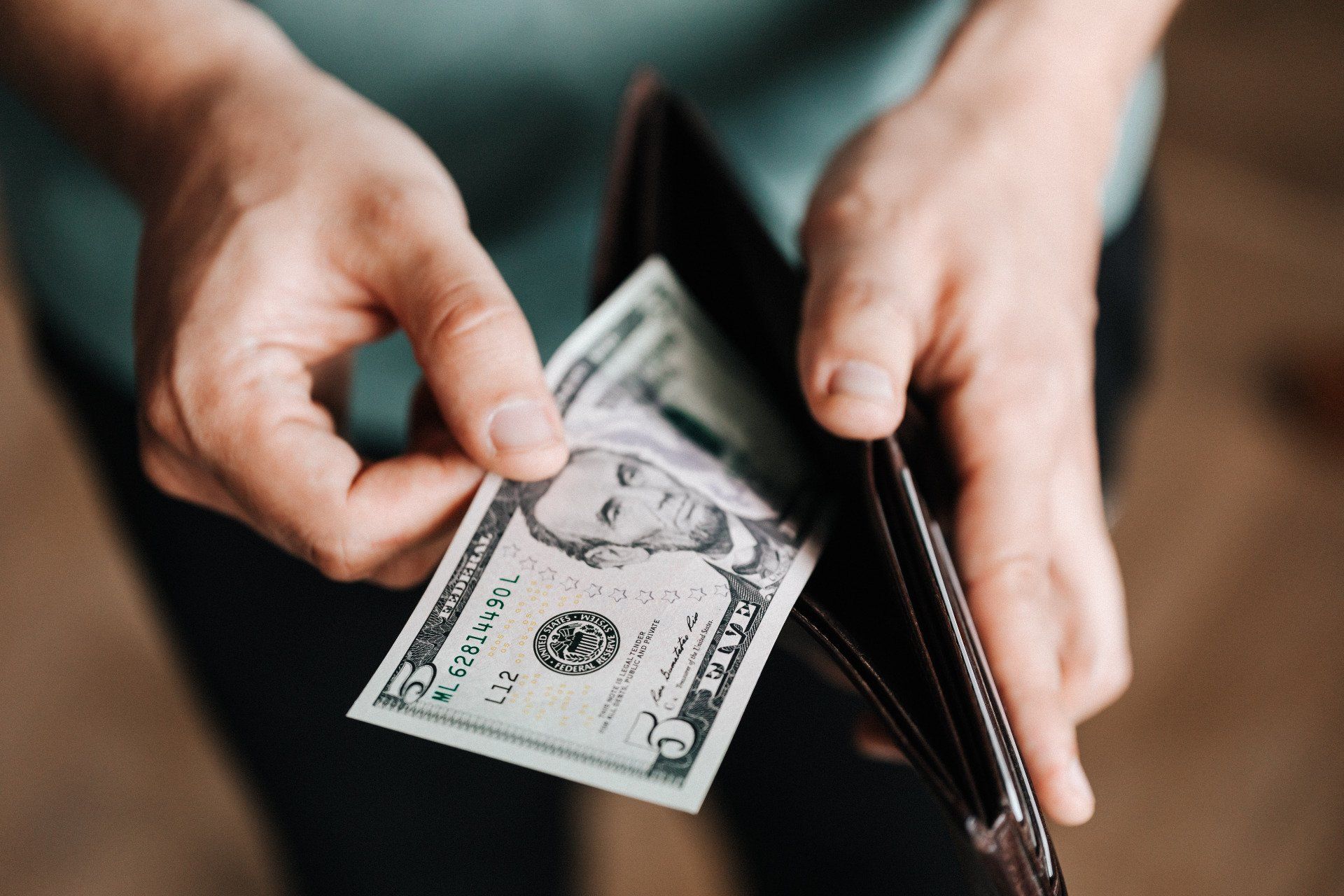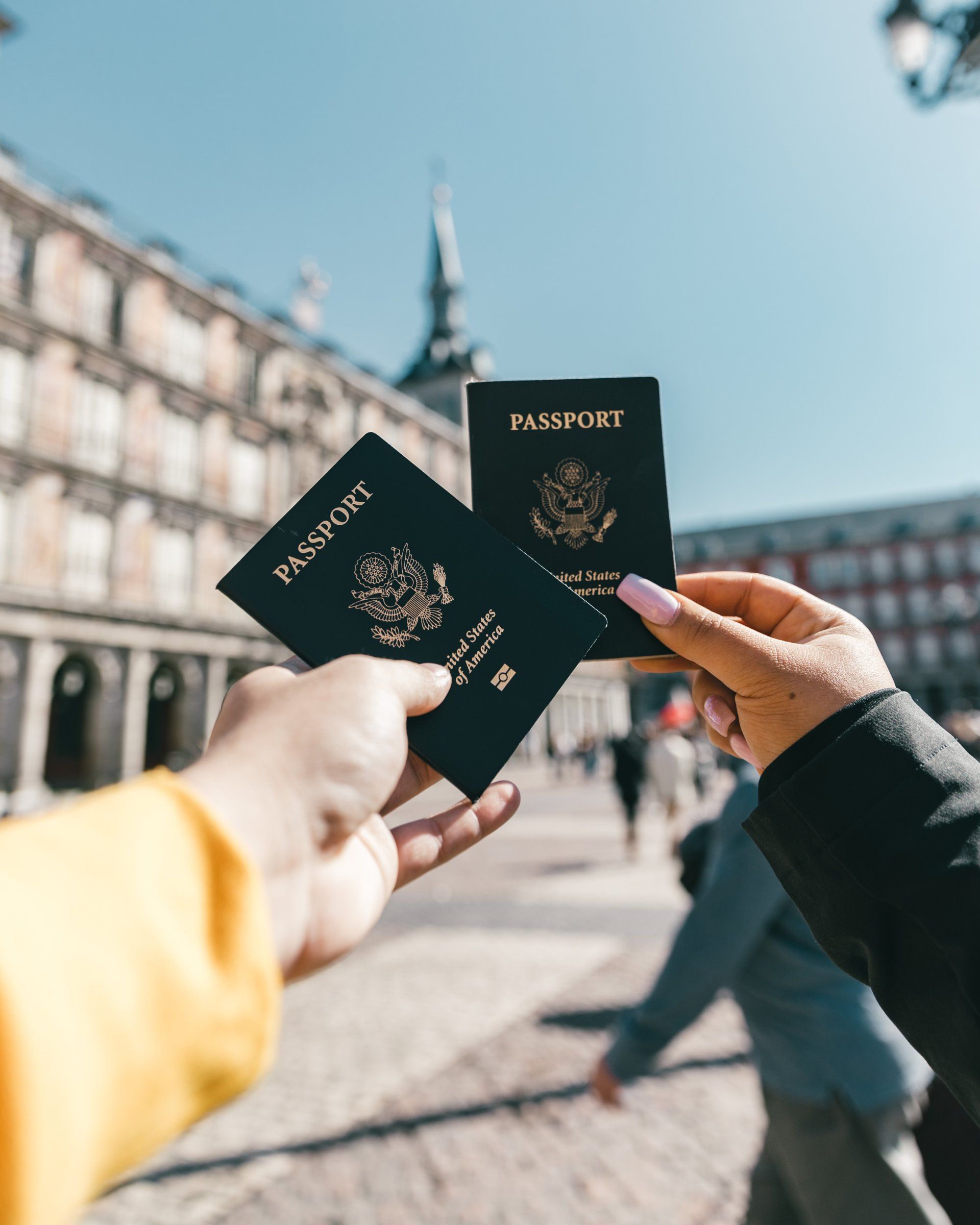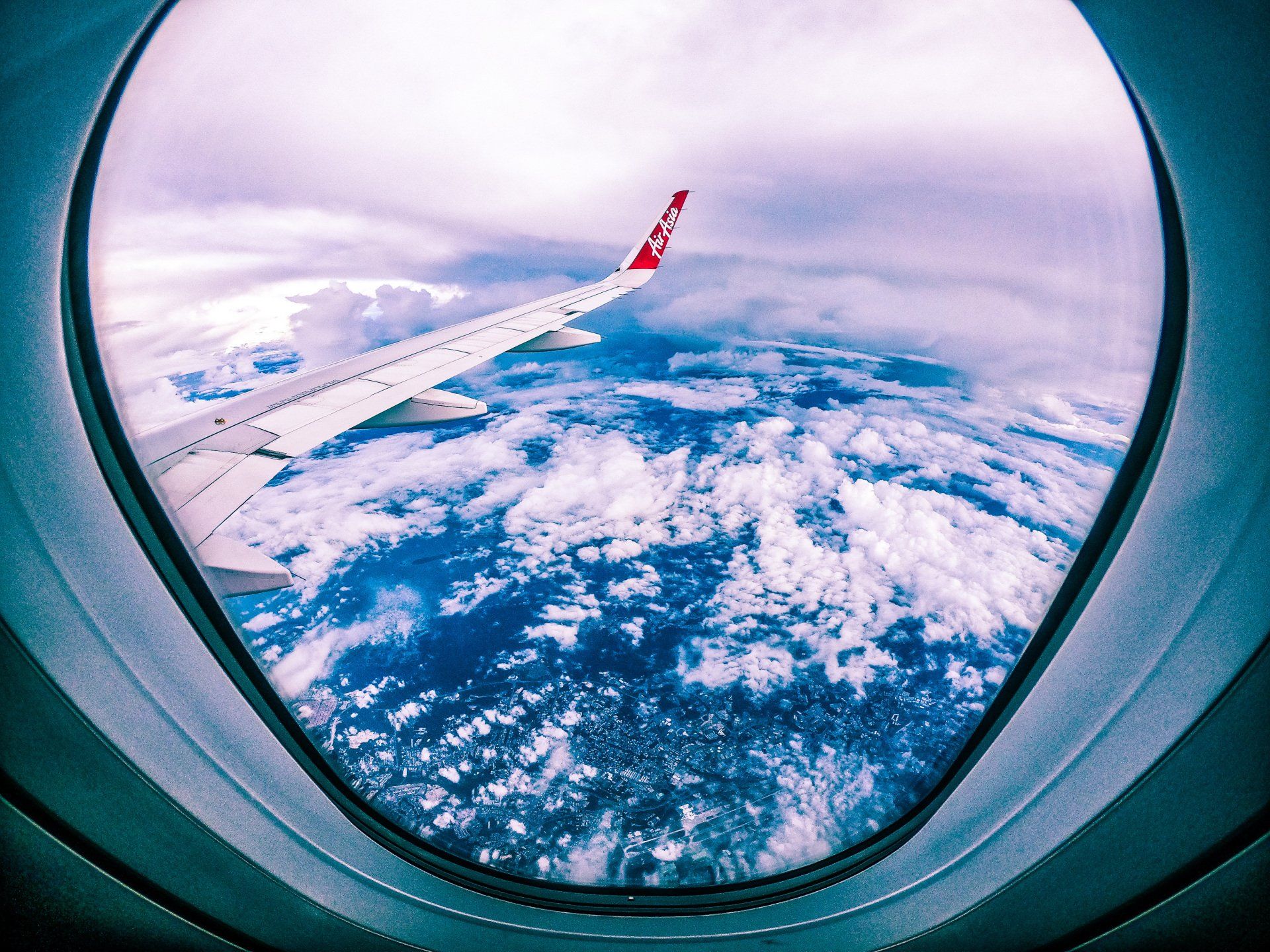Wander Wisely: A Comprehensive Guide to Budgeting for Your Travels
Travel Budget Tips

Embarking on a new travel adventure is exhilarating, but the last thing you want is for financial stress to put a damper on your journey. The key to worry-free travels? A well-thought-out budget. Don't worry, budgeting for your trip doesn't mean sacrificing fun; it's about making smart choices that allow you to fully enjoy your experience. In this guide, we'll walk you through the art of budgeting for your travels, ensuring that you can explore the world without breaking the bank.
1. Research and Plan Ahead
Before you even start packing your bags, do your research. Research your destination's cost of living, currency exchange rates, and typical expenses. This will give you a ballpark figure of how much you'll need per day. Factor in accommodation, transportation, meals, activities, and a little extra for unexpected expenses. Important tip, when looking to exchange currency check the rates at your local bank. Your personal bank will tend to have cheaper exchange rates than any place in the country that you are traveling to. They might even be cheaper than the airport rates, just make sure to double check, to save some money.
2. Set a Realistic Budget
Based on your research, set a daily or weekly budget that you're comfortable with. Be realistic about your spending habits – if you're a foodie, allocate more for dining out; if you're an adventurer, allocate more for activities. Your budget should reflect your priorities and what you genuinely enjoy. I also recommend having a budget for spontaneous activities/items that you choose to do or buy in the moment.
3. Create a Travel Fund
Start saving for your trip well in advance. Create a separate savings account or fund specifically for your travels. Make regular contributions to this fund, treating it as non-negotiable as one of your bills. It's amazing how those small, consistent contributions can add up over time. I personally contribute $30-50 every week out of my paycheck for my travel fund.
4. Track Your Expenses
During your trip, keep a close eye on your expenses. Use a budgeting app or a simple spreadsheet to record your spending. You can also keep all your receipts from the day and then add everything up at the end of the night. This will help you stay accountable and identify any areas where you might be overspending. Remember, a little splurge is okay, as long as it's within your pre-set budget.
5. Accommodation Hacks
Accommodation can eat up a significant portion of your budget. Consider options like hostels, guesthouses, vacation rentals, or even couch surfing. Websites and apps like Airbnb and Booking.com often offer deals and discounts, so keep an eye out for those. Hostels.com is a good website to go to when looking for community living.
6. Transportation Savings
Transportation expenses can vary greatly depending on your destination. Research local transportation options – public transit passes, ridesharing, or bike rentals – and calculate which one suits your budget best. If you're traveling long distances, booking flights well in advance can save you a substantial amount. I like to put set alerts for flights I am interested in, that way I get a notification when the price drops.
7. Eat Like a Local
Sampling local cuisine is part of the travel experience, but dining out for every meal can add up. Strike a balance between splurging on unique dining experiences and saving money by eating like a local. Explore local markets, food stalls, and budget-friendly restaurants where the locals go.
8. Prioritize Activities
While you might want to do it all, be selective with your activities. Opt for experiences that align with your interests and passions. Sometimes, the most memorable moments are free – like exploring a picturesque park or watching a breathtaking sunset.
9. Emergency Fund
Even with meticulous planning, unexpected expenses can arise. Set aside a small emergency fund in your budget for unforeseen circumstances like medical expenses or last-minute changes to your travel plans. I also recommend taking a couple credit cards with you. It is safer to pay with your credit cards for stuff then a debit card, just in case of fraud or identity theft.
10. Reflect and Adjust
At the end of your trip, take a moment to reflect on your budgeting efforts. What worked? What didn't? Use this experience as a learning opportunity for future travels. Adjust your approach based on your observations and make refinements to your budgeting strategy.
In Conclusion
Budgeting for travel isn't about restriction; it's about empowerment. It's about being in control of your finances so you can fully enjoy your journey without constantly worrying about money. By planning ahead, setting realistic budgets, and making informed choices, you'll be well on your way to experiencing the world without compromising your financial peace of mind. Happy travels!



